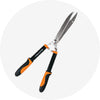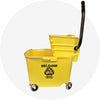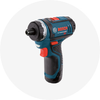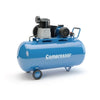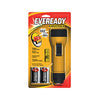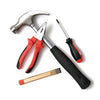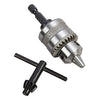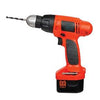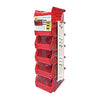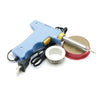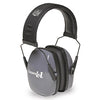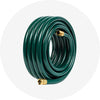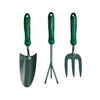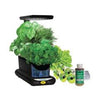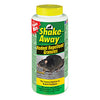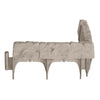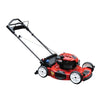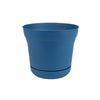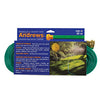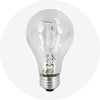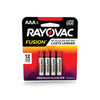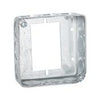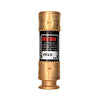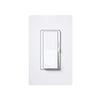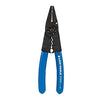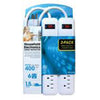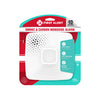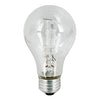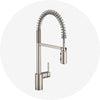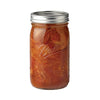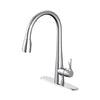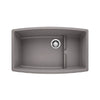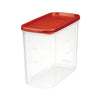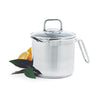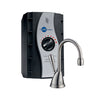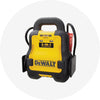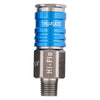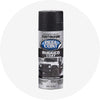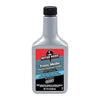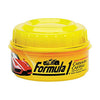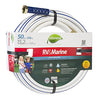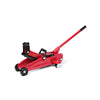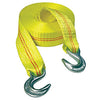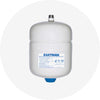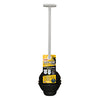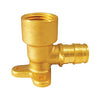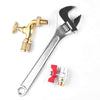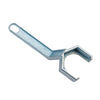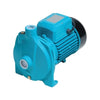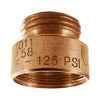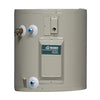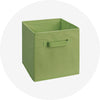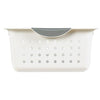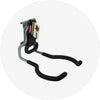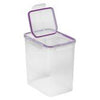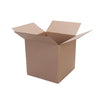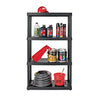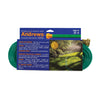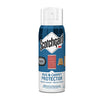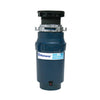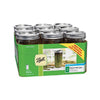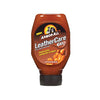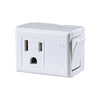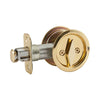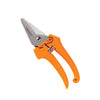How to Prepare Your Home for Hurricane Season
∙ min read
The Atlantic hurricane season, which is usually the most impactful for the United States, starts in late spring to early summer and runs through the fall. A hurricane forms when the air over the surface of the water gets heated at the equator. A lower pressure area is left behind as the hot air rises. Swirls of air form as the high-pressure air moves back into the lower pressure area, and the cycle keeps repeating. The result is torrential downpours and whipping winds that can cause floods and power outages when the hurricane reaches land.
Knowing how to prepare your home for hurricane season is crucial because, according to NASA, these storms are the most powerful on Earth. Hurricane preparedness could mean the difference to minimize property damage and your family safety.

Get Organized
Before hurricane season begins, make a hurricane preparedness list of all the things you need to do to get your home ready. If you organize and prepare at the beginning of the season, there is less need to scramble to get ready during the storm's approach. This also allows people who are financially unable to stock up on supplies ahead of time to get emergency essentials as the storm approaches without the stores selling out. Preparing ahead of time is not only good for you but benefits the entire community.

Secure Your Roof
The job of the roof is to protect your home from the elements. While it is usually effective, hurricane winds may be more than they can handle. Have your roof inspected before hurricane season and make any necessary repairs. Even if no repairs are needed, seal your roof ahead of time to prevent any leaking. After the storm, you may also have to repair any leaks or damage that occur despite your best efforts. The hope is that preparation beforehand keeps these to a minimum.
While you're up on the roof, pay attention to the gutters as well. Make sure that they are clean without debris and secure any that are loose so they don't get torn from the house.

Prepare for Flooding and Its Aftermath
Hurricanes can drop several inches of rain at one time. You should do what you can to protect your home from flooding, especially if it is in a floodplain or other low-lying area. If you have a basement, you should have a sump pump or other means of removing water that gets in due to flash flooding. If you don't have a basement, sandbags stacked strategically around your home can afford you some protection from rising water. This is an example of hurricane preparedness that you should only undertake once you know you are in the path of a specific storm.
You should also prepare to clean up after the storm in the event of flooding. The water is likely contaminated, so the proper tools include personal protective equipment, such as rubber boots and gloves, face masks, and eye protection. Remember to purchase or renew a flood insurance policy. Homeowner's insurance policies do not cover flooding.

Seal Windows and Doors
The most vulnerable parts of your home during a hurricane maybe the doors and windows. One of the most important things you can do to protect your home from the high winds of the storm is to shore up these areas ahead of time. Drafts around the windows and doors are indications that they may be particularly vulnerable to driving rain and damaging winds. If you do not already have a hurricane shutter or storm shutters for your windows, you can nail up plywood over them to protect them from damage. Fixing doors to eliminate drafts should be on your hurricane preparedness list for the beginning of the storm season, but nailing up plywood should only be done as the storm approaches.

Anticipate Power Outages
It is common for hurricanes to cause a power outage, and it may take days or weeks for the electricity to come back. A portable generator can provide temporary power to your home in the interim. However, there are times when you will have to power down the generator to refuel it. You should be ready for those times with lanterns and flashlights.

Gather Supplies
Every household should have an emergency kit stocked with essentials in case of a hurricane or natural disaster. The kit itself should be waterproof and stored on the upper level of your home. Here are some emergency essentials to include:
-
Fresh water
-
Medications and a first aid kit
-
Nonperishable food items
-
Clean clothing
You should also gather any important documents in a waterproof container and keep them with you in case of a hurricane or tropical storm. These include your personal checkbook, insurance policies, proof of residence, and proof of identities, such as your Social Security card and driver's license. Remember to plan with your family an evacuation plan to be prepared and always be alert to a hurricane warning.

Max Warehouse is a partner you can rely on to help you make your preparations at the beginning of hurricane season. Turn to us for all the emergency essentials you need to weather the storm.
Find all the hurricane essentials you need
